The Choice Overload Effect
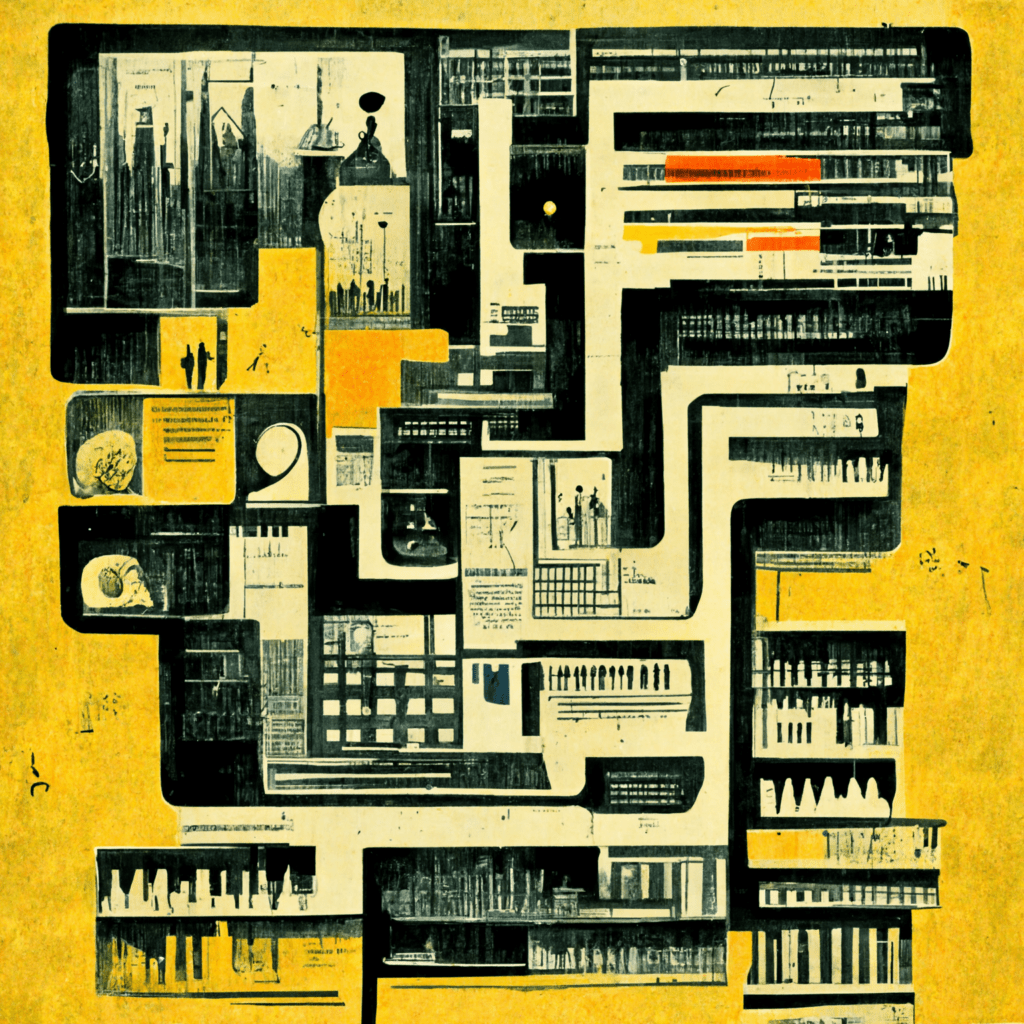
A psychological concept known as the “Choice Overload Effect” describes the uneasiness that results from having so much information that you feel like doing nothing at all. In his book “The Paradox of Choice,” author Barry Schwartz describes the phases involved in decision-making. Determine your objectives. Assess the significance of each objective. Sort the choices […]
The Cocktail Party Effect
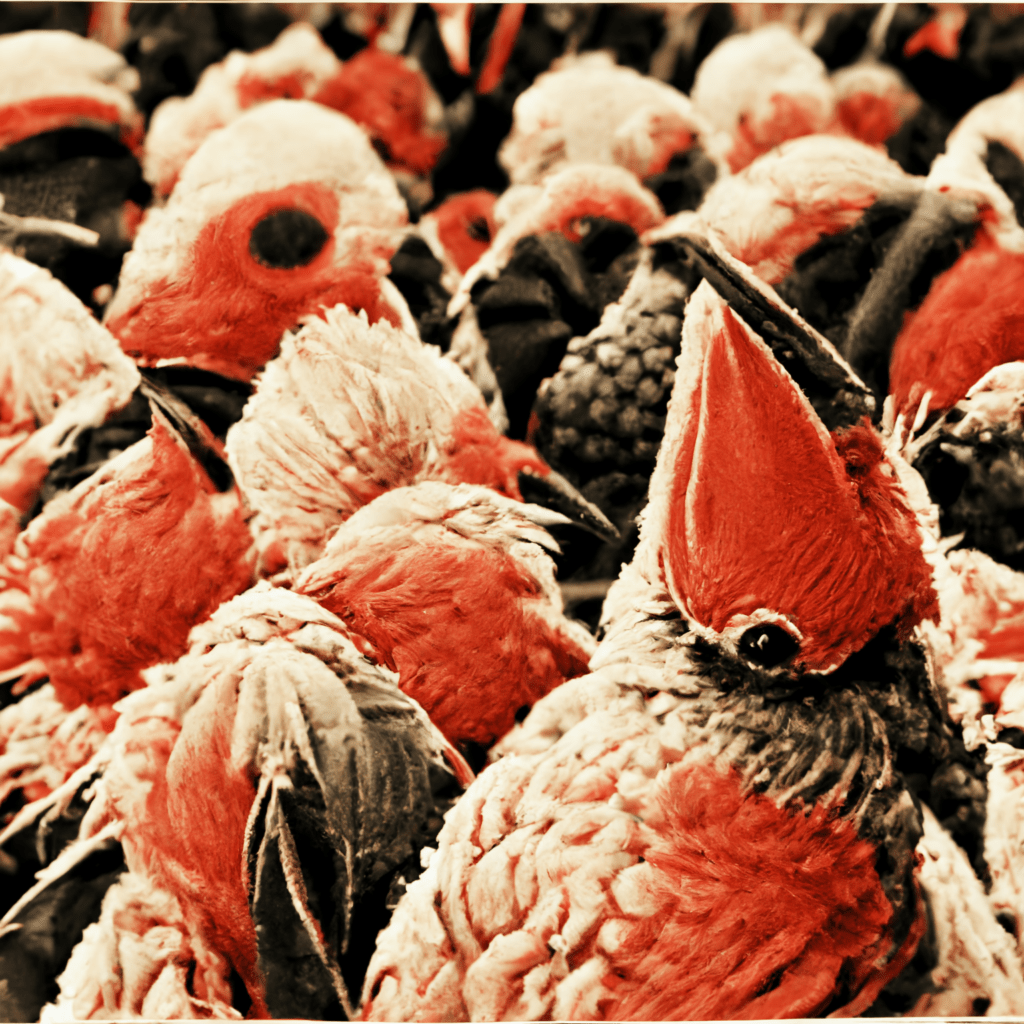
In the 1950s, Colin Cherry, a British cognitive scientist, identified the cocktail party effect. Cherry was curious as to why people focused on certain things. After investigating the dynamics of a noisy environment, he made an intriguing discovery. Overlapping talks are divided by our brain into distinct hearing streams. It can then choose to disregard […]
Loss Aversion

Loss aversion is a psychological concept that was first introduced by Nobel Prize winner Daniel Kahneman and states that people will do anything to avoid losing. The psychological pain of losing is actually twice as strong as the joy of winning.
The Cashless Effect

According to the “Cashless Effect,” customers find it more difficult to spend money the more tangible their payments are. The term “pain of payment” is connected to the Cashless Effect. It is for this reason that using cash as opposed to a credit card makes it simpler for those on a budget to keep track […]
The Self-Reference Effect
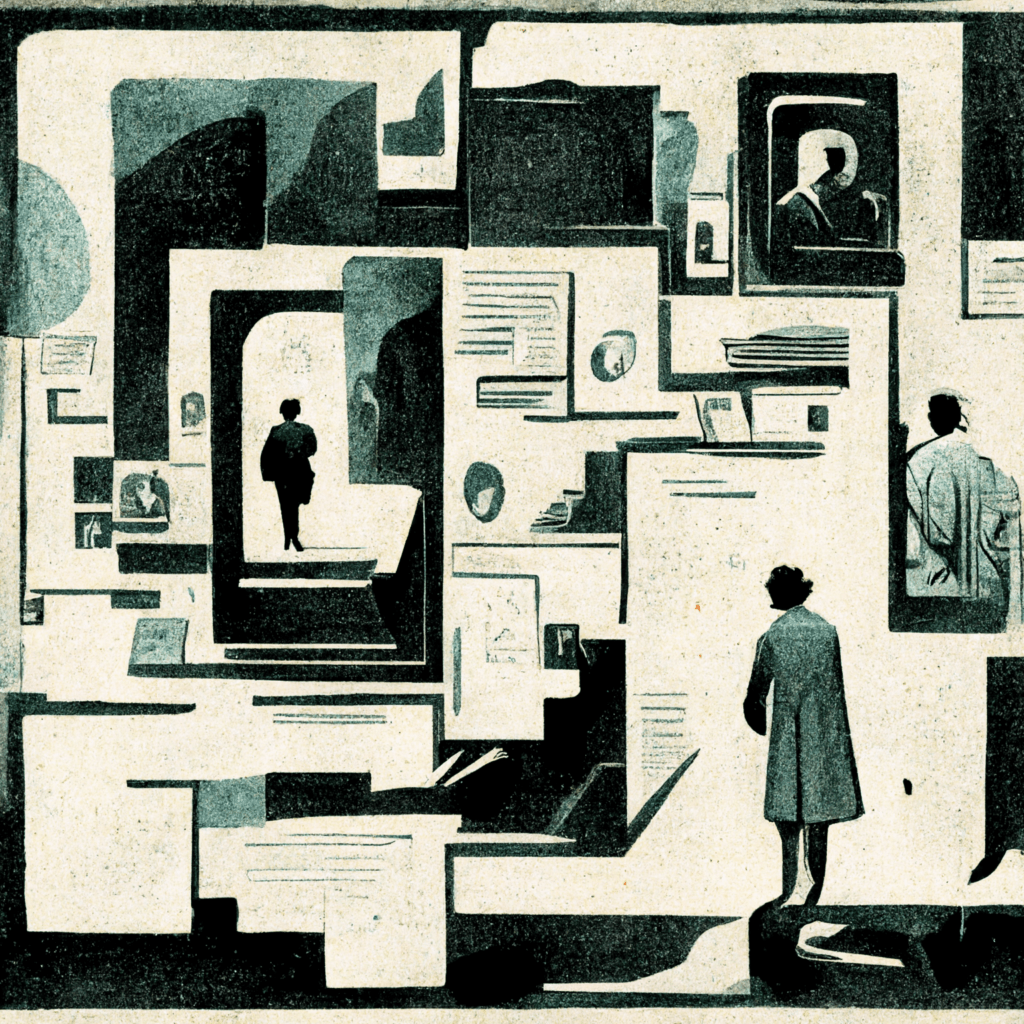
The Reference to Oneself According to Effect, when knowledge is pertinent to them, individuals remember it more readily. Different ways in which our brains encode personalized information lead to improved memory, learning, and persuasion. Customers are more likely to respond to advertisements when the models resemble them, according to several studies. Even more effective is […]
Anchoring (Heuristic)
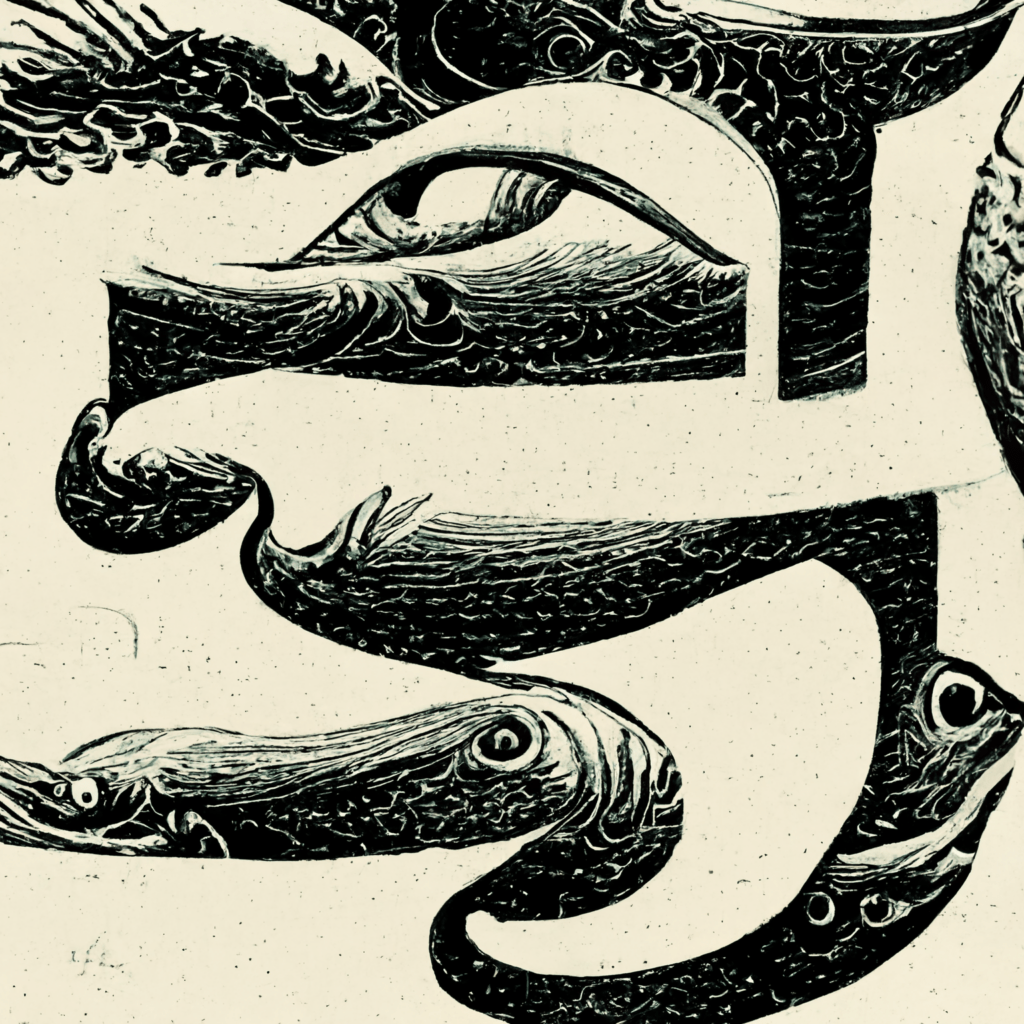
A specific type of priming effect called “anchoring” uses an initial exposure to a number as a reference point and influences later judgments. The process, which typically takes place without our knowledge, has been studied in a variety of settings, including probability estimations, legal decisions, forecasting, and purchase decisions.
Herd Behavior
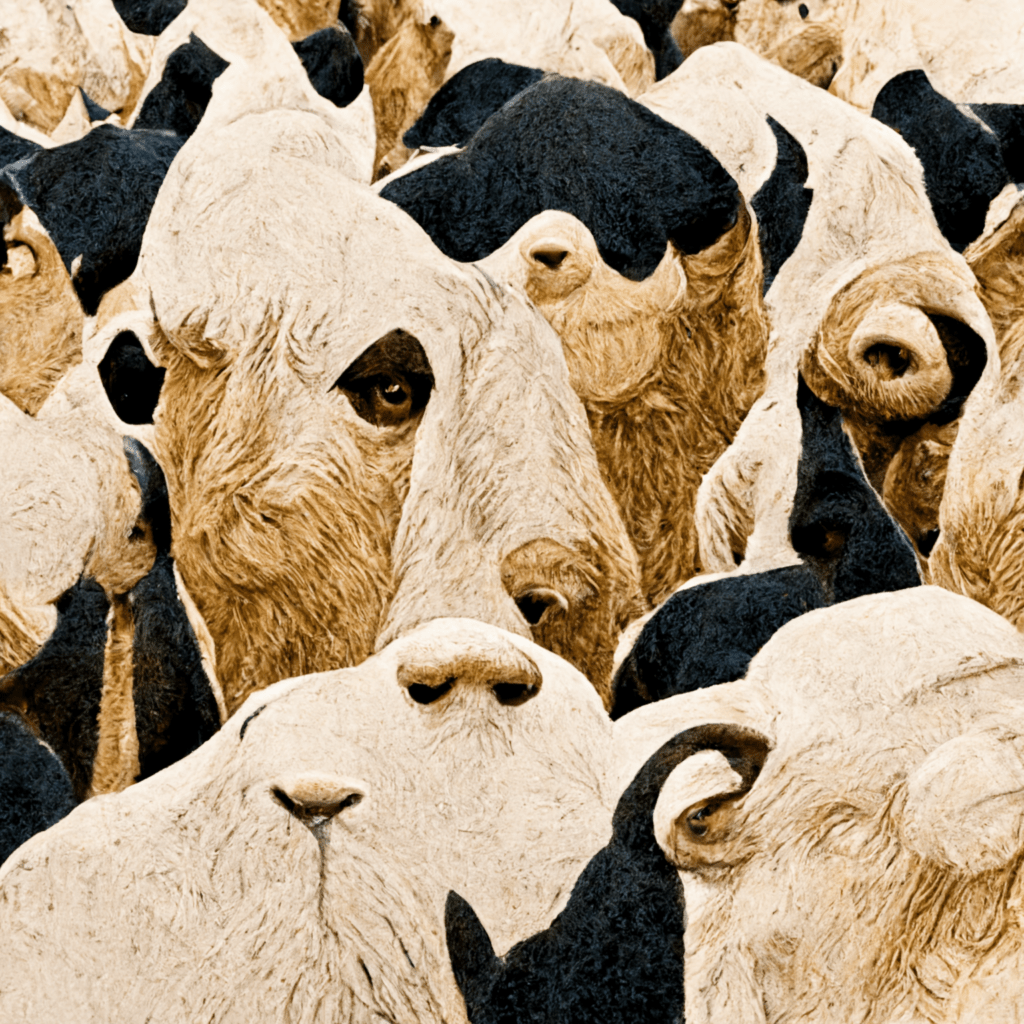
When people follow others’ lead rather than relying on their own knowledge or making their own decisions, this influence is obvious. Herding theory has a long history in crowd psychology and philosophy. It has been discussed in relation to the collective irrationality of investors, including stock market bubbles, making it particularly pertinent in the field […]
The Endowment Effect
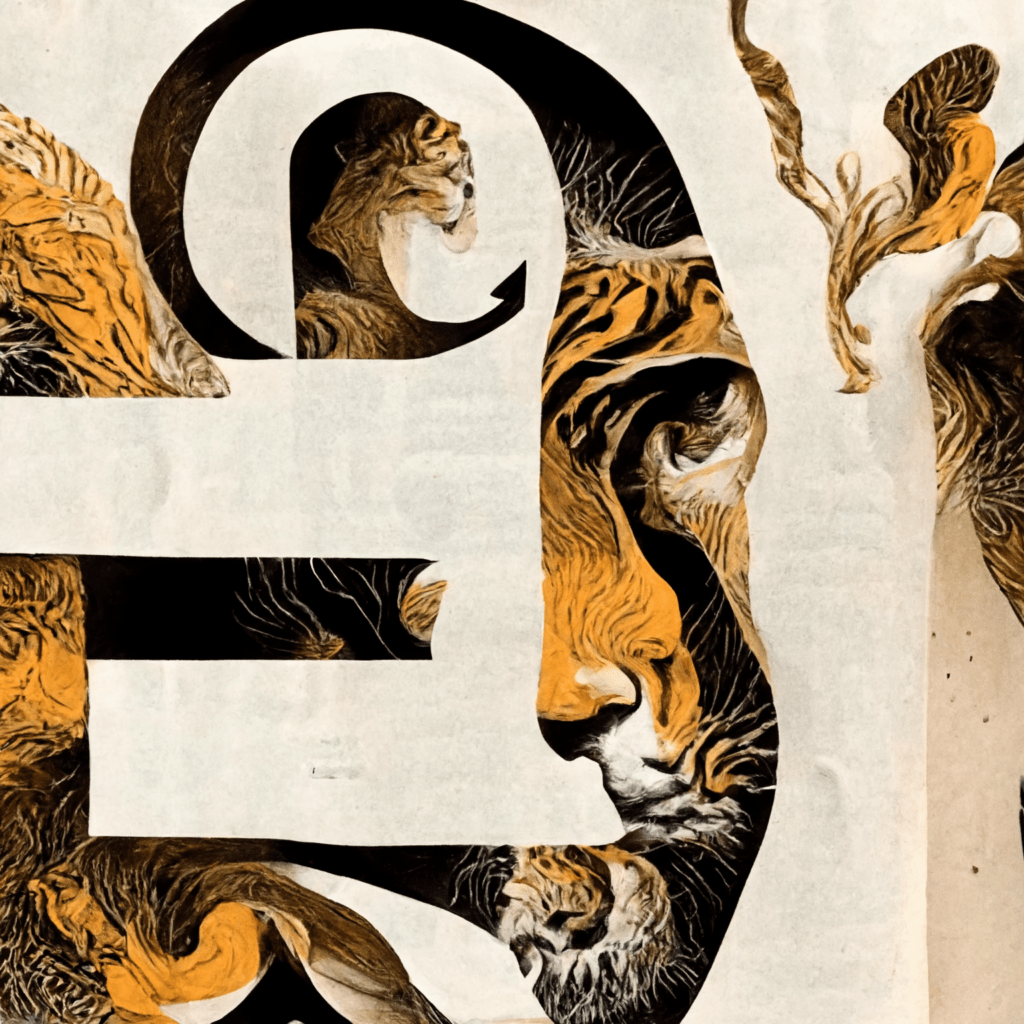
The Endowment Effect is a psychological bias that leads people to place a higher, frequently unreasonable, value on things they own than they would otherwise.
Cognitive Ease
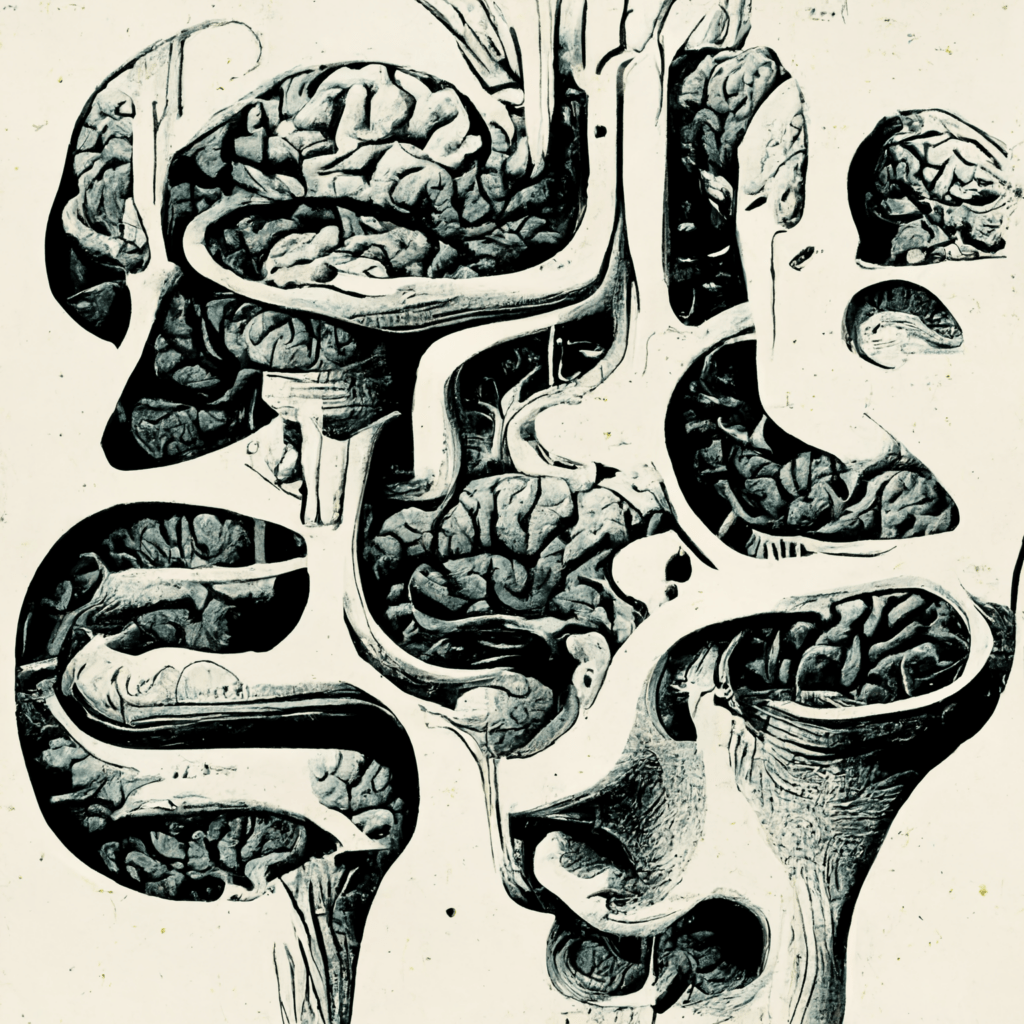
The ease or fluency with which our brains digest information is known as cognitive ease or fluency. Something’s cognitive easiness will change how we feel about it and whether or not we are inspired to put our time and effort into it.
Salience Bias

Salience is a term used to indicate something’s emotional impact or prominence. An element is salient if it stands out from its surroundings. It is not if it is challenging to locate and blend into the background. According to the salience bias, the brain favors focusing on the most salient aspects of an experience. What […]